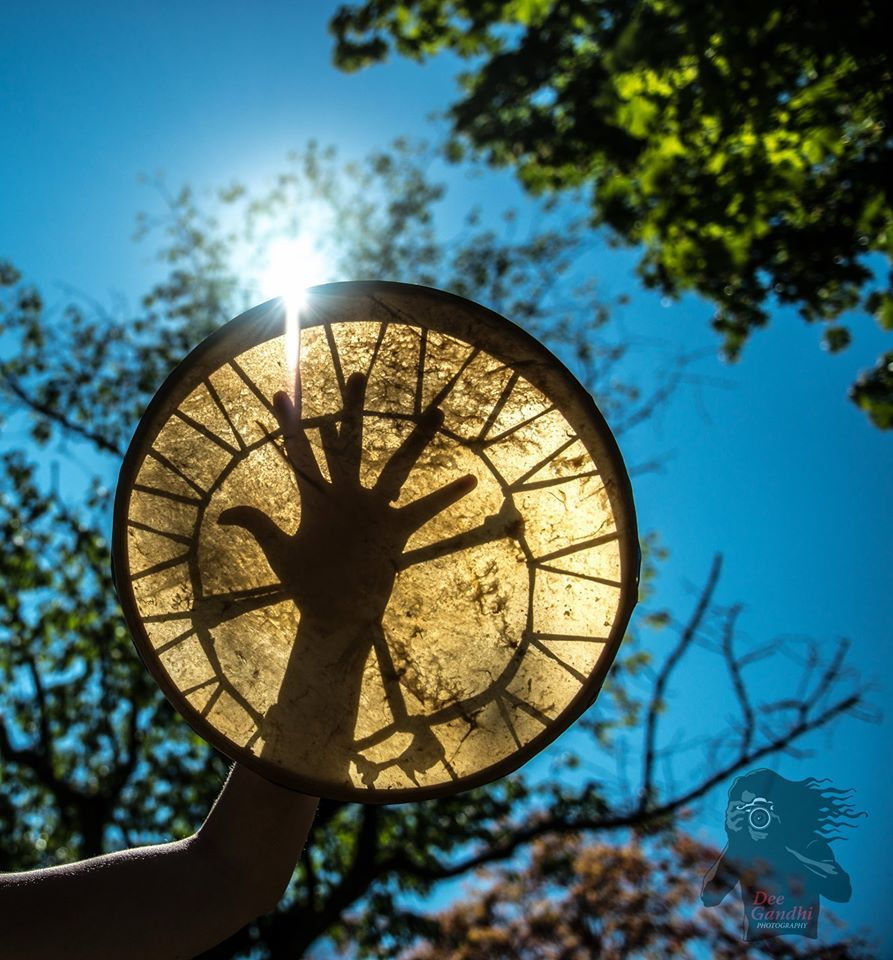Grief; deep sorrow, annoyance or trouble
- Robin Kimbrel-Wiggs
- Mar 28, 2020
- 4 min read
Grief: deep sorrow, annoyance or trouble
Hello beautiful soul,
Whether we are aware of what we are experiencing right now or not, many of us are in the arms of grief. Grief is a universal experience and undiscerning, it knows no class, race, gender or time. Anything that alters life as we know it can, and will, move us into the journey of grief.
Grief. Is. Personal. It’s not linear, it isn’t kind and gentle and it certainly isn’t neat. It’s messy, painful and life altering and it follows no timelines, particularly those we set for ourselves and our lives.
Every person has their own way of moving through and processing their grief. Some people will even get stuck there and be there or years. It's also possible they may never move to the other side. There is no 'way' that works for all. It is basically a journey of discovery for the individual.
There are some common elements in what we call the ‘stages’ of grief, but again, everyone has their own unique way of journeying through grief and how they process the feelings and changes they are faced with.
It's commonly stated that there are 5 stages of grief, although when you allow for the transitioning that happens from one stage to the next, or the back and forth that can happen, there can be more. Today I want to touch on the 5 stages.
Denial: this may be where we simply refuse to acknowledge our experience and the feelings that come with it, or that it happened or is happening at all. It’s a common defense response and actually it gives you a bit more time to process the experience. Once you move through this stage, the emotions you have been denying will surface and will need to be acknowledged. It’s a tough stage of grief but is simply part of the process.
Anger: Well this is where you just get mad about the whole thing. That it happened, that you have to deal with it, that it hurts, that something changed. Anger is always a secondary emotion brought in, once again, to avoid the root of what we are feeling and experiencing. During this stage, you may feel resentful or bitter towards others or to life in general, you could feel outright fury and rage or it may be more subtle. It's possible you may not even experience this particular stage in your grief process, and it’s also possible to get stuck here and never move out.
Bargaining: This is the place where we try to take responsibility for what happened or feel we could have had some magical control over what happened. The “if only’s” come out and we spend quite a bit of time rolling different scenarios around in our mind trying our best to change an outcome that has already happened. We also call on our Higher Power, our God, and offer up ourselves just to make it not so. Some of us suddenly become spiritual or religious, once again thinking we have some power over unpleasant outcomes. As with the previous stages, this is an attempt to delay settling fully into the pain of loss and change we are feeling.
Depression: This is where we have finally accepted not only the experience but the feelings we have. Rather than the action and energy it takes to be in denial, to be angry or to bargain, depression can be a quieter place, at least physically. We can feel unable to do our normal day, to hold a conversation, to be engaged with our family, friends, our work and our life. Most of us land in this place at some point, it seems inevitable. This, in particular, is the place to care for yourself, reach out, contact a professional if you feel you need to. Also it’s a time to be aware of those around you and notice the shift. Reach out and offer your help if you notice this in anyone close to you.
Acceptance: You will most likely feel very different at this stage, as you should. You have had a major change in your life, or the world around you. That doesn’t mean all is well yet, it doesn't mean you’ve moved past the grief and it’s stages and everything is roses. That alone tells us this stage doesn’t always bring happiness or an uplifted sense of being. The stage of acceptance brings its own emotions that you will need to move through. It simply means you have come to a point of acceptance with the experience and now are ready to deal with the feelings you have been avoiding. It’s the point where you start to experience good days along with the not-so-good and that alone can help propel you forward in your healing.
Here is where it’s important to understand that every person has their own experience with grief. Some can move from one stage to the next and out the other side. Some may move back and forth between stages and some may stay in the act of processing their grief for years. You may start in the middle and work your way towards both ends, there is no formula for the stages of grief and how each individual processes their own.
Allow your own process, take care of yourself, reach out to someone that cares about you and keep your eyes on your loved ones. They may need your help. Grief is unique and very very personal for each of us.
Love.Create.Be.
Robin



Comments